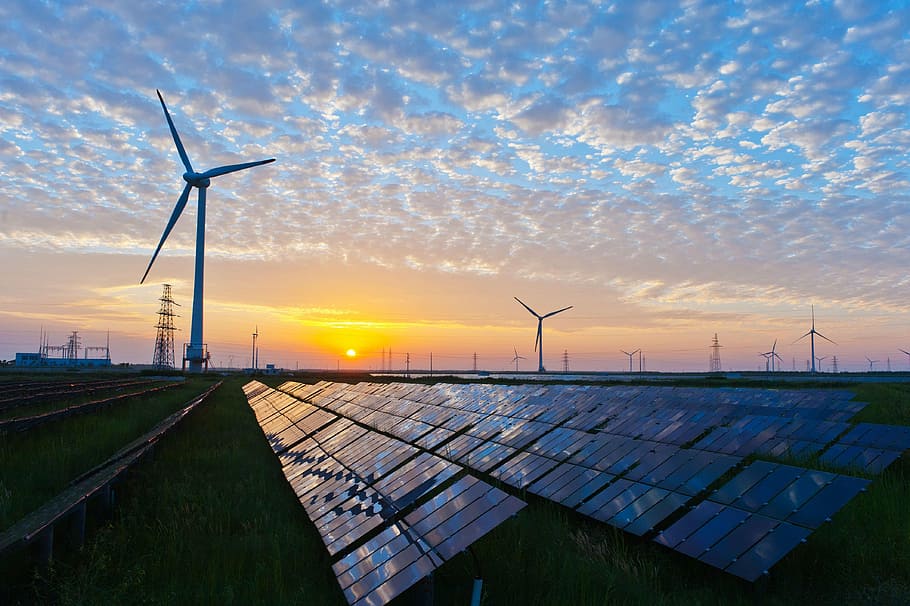
Residential solar installations will take longer to rebound from the COVID-19 slowdown than most renewables, making it unlikely solar PV will surpass 2019 levels over the next year.
The International Energy Agency’s (IEA) latest report shows that the COVID-19 crisis is hurting but not halting global growth in renewable power capacity. It shows that while 2020 is likely to see the first annual decline in new additions this century, with the right recovery policies it should be back on track by 2021.
Globally, the IEA expects an addition of 167GW of renewable power capacity this year, which will be 13% less than in 2019.
For solar, which accounts for more than half of the renewable expansion globally in 2020 and 2021, additions are expected to decline from 110GW in 2019 to just over 90GW in 2020.
While large scale solar projects will rebound by 2021 however, distributed solar PV will be “significantly slower” as households and small businesses hit by the economic downturn caused by the pandemic will have to review investment plans.
While the impact will be felt globally, Europe is set to be particularly affected after 2019 was a year of exceptional growth. Renewable additions in the continent are set to fall by a third this year, marking the largest annual decline since 1996 with just a partial recovery expected next year.
“The resilience of renewable electricity to the impacts of the COVID-19 crisis is good news but cannot be taken for granted,” said Dr Fatih Birol, the IEA executive director. “Countries are continuing to build new wind turbines and solar plants, but at a much slower pace. Even before the COIVID-19 pandemic struck, the world needed to significantly accelerate the deployment of renewables to have a chance of meeting its energy and climate goals.
“Amid today’s extraordinary health and economic challenges, governments must not lose sight of the essential task of stepping up clean energy transitions to enable us to emerge from the crisis on a secure and sustainable path.”
The importance of placing climate change and a transition to a green energy sector at the heart of any recovery plans was emphasised in a letter sent to Prime Minister Boris Johnson by the Committee on Climate Change. It stated that low-carbon infrastructure must be placed at the heart of the COVID-19 recovery to provide jobs and economic security.
In the UK, 90% of solar installers have seen negative business impacts due to COVID-19, according to a survey by Microgeneration Certification Scheme.
But many solar companies remain positive about the sectors outlook going forwards, with Solarcentury for example saying despite short-term challenges caused by COVID-19, solar power's competitive nature could see it accelerate as we move forward.

